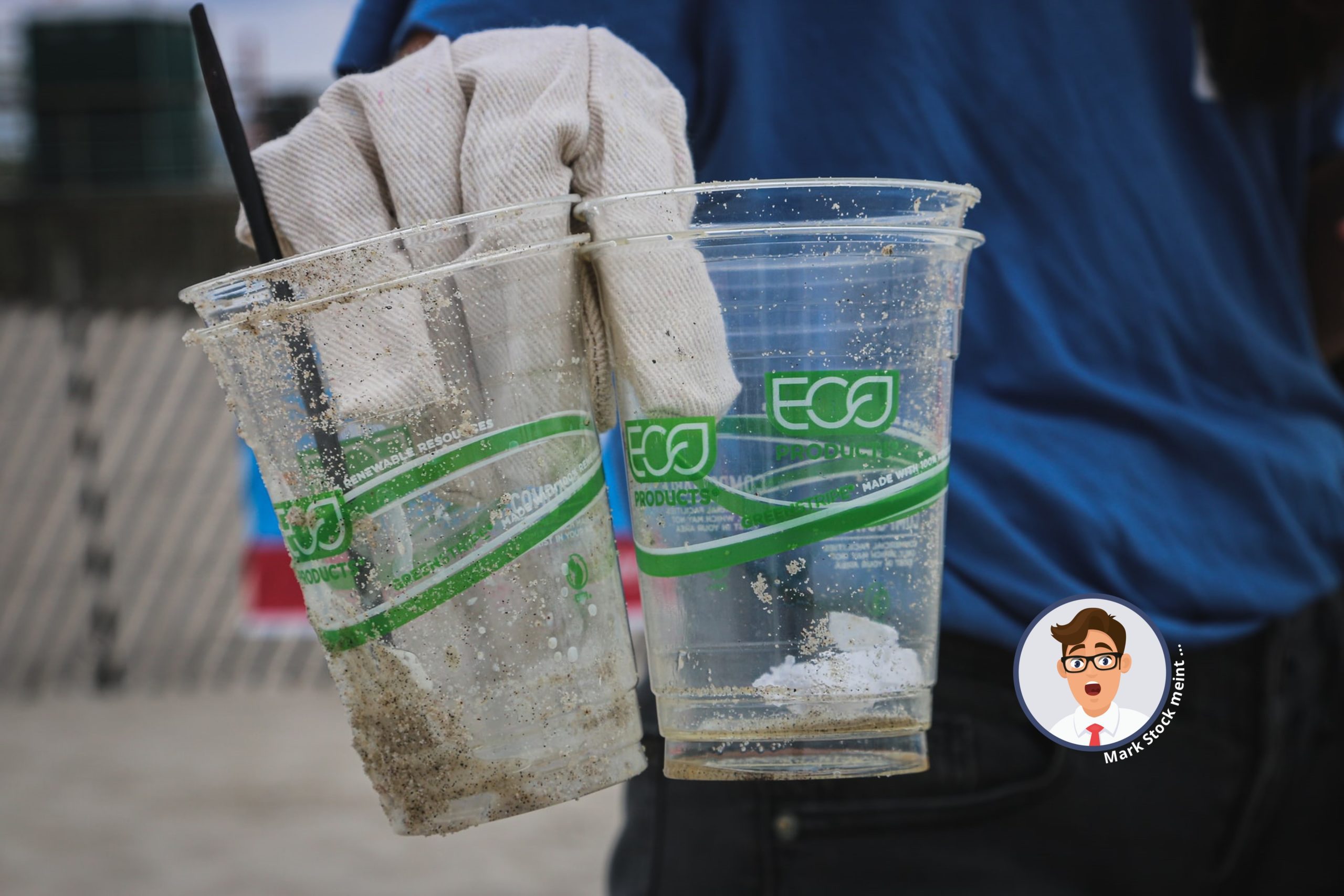Dear reader
Moralizers are now everywhere. 'Do good and talk about it' has also become the order of the day when it comes to investing. It is sold under the label 'ESG', which stands for environment, social responsibility and good corporate governance.
No company, no CEO – sorry: no CEO, after all, they are concerned about diversity – misses the opportunity to point out how they make the world a little better every day. On both sides, everyone is producing less waste, manufacturing even more sustainable products and pursuing a totally inclusive HR policy. Peace, joy and pancakes.
Oil companies are suddenly going green, cement companies are building ecologically, tobacco companies are selling healthy cigarettes and even weapons manufacturers are supposed to be sustainable. You read that right: Because of the war in Ukraine, there was actually a discussion as to whether certain weapons manufacturers were not ESG-compliant after all. Even before the war broke out, the EU Commission surprisingly classified nuclear energy and natural gas as sustainable – the very energy sources that were previously demonized. When in doubt, even the bureaucrats in Brussels prefer to sit in a comfortably heated room.

The latest scandals are not exactly promoting confidence in virtuous investing either. The head of the German fund house DWS (one of the world's leading asset managers) has just had to resign because his company is suspected of selling investment funds as greener than they actually are. Tesla's exclusion from the S&P 500 ESG Index for a 'lack of a low-carbon strategy' and poor working conditions also made waves. Funnily enough, the not exactly low-carbon oil company ExxonMobil and Amazon, truly no beacon for exemplary working conditions, are still included in the index.
It is fitting that the various ESG rating agencies are sometimes diametrically opposed: A company can perform brilliantly with one provider and receive a poor rating from the next. There is obviously a lot of shenanigans going on. No wonder, because some people make good
If it would at least help the environment. Unfortunately, the dirty activities are only being postponed. When oil multinational BP sells off certain projects to a private equity firm, for example, BP may look greener, but production simply continues away from the public eye – and often under dirtier conditions than before.
The supposedly great performance of ESG funds can also be questioned. In recent years, they have primarily benefited from the bull market in technology stocks and the bear market in energy stocks. Since the beginning of the year, 'dirty' sectors have been booming – and ESG funds have promptly fallen behind. The longer the underperformance continues, the greater the pain.
Want to bet that many virtuous investors will soon be secretly adding one or two oil shares to their portfolios? They can do so without hesitation, as this will change very little for the environment. They can always donate the higher returns to a good cause.
With this in mind: don't overdo it with virtue!
Yours, Mark Stock©
Mark Stock is a member of the Point Capital editorial team. 'I am a stock market enthusiast and am passionate about economic history. I have been following the ups and downs of the markets for years and, of course, invest myself – preferably in shares. So my name says it all. Every month, I take up what I consider to be an exciting topic. And since the focus is on the content and not on me personally, I write under a pseudonym.'
